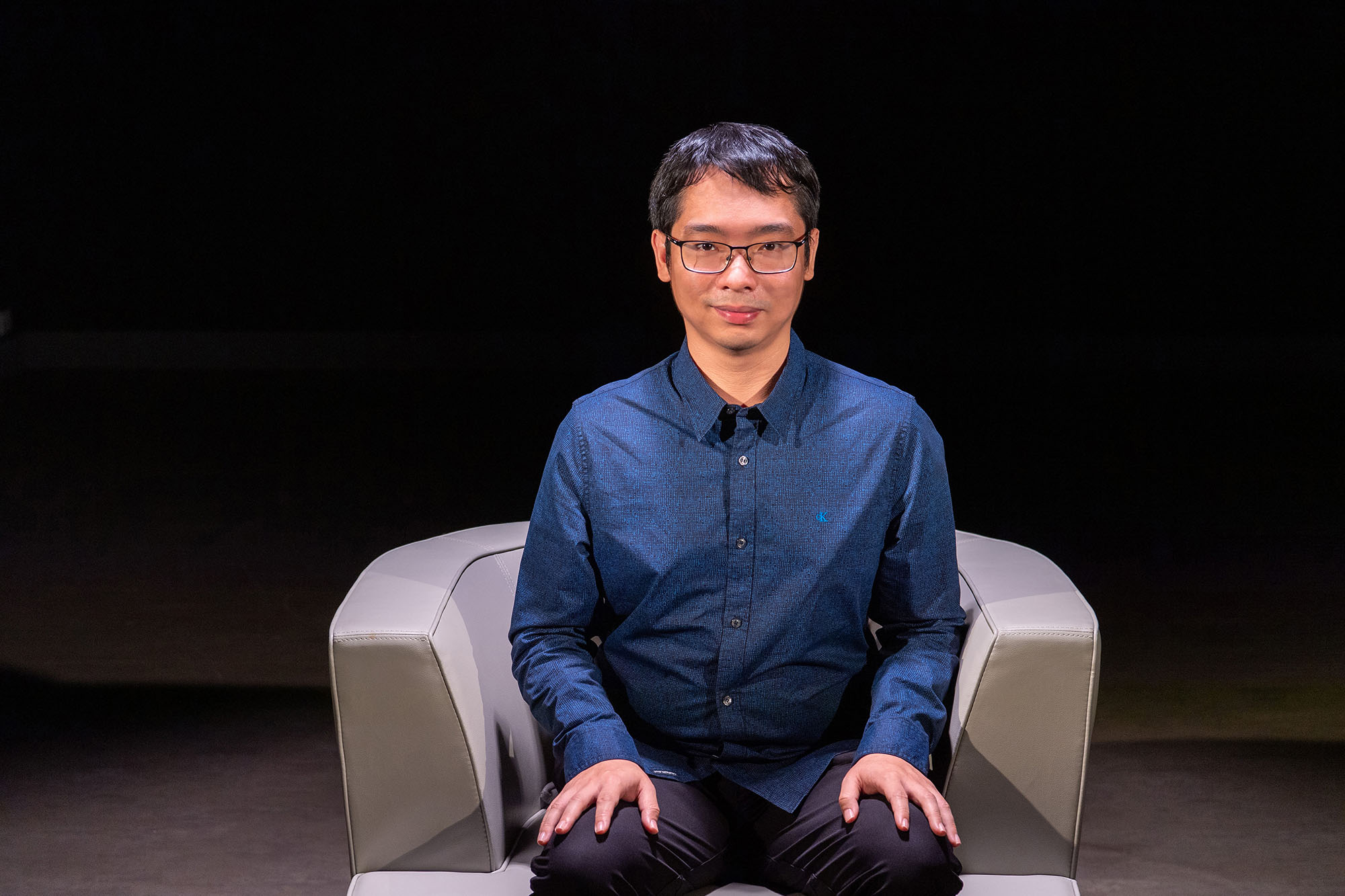Outstanding Performance as Early Career Researcher


Dr. ZHANG Lu
Assistant Professor
Department of Computer Science
Dr. Zhang Lu joined the Department of Computer Science in 2019 with a solid background in computational biology and bioinformatics. Since then, he has further developed his interdisciplinary research in human genomics and gut microbiome by exploring novel computational methods and tools to analyse large and complex data sets. With an impressive portfolio of papers and research grants under his name, as well as his active engagement in knowledge transfer projects, Dr. Zhang has demonstrated a promising potential at this early stage of his academic career.
As a core member of the Computational Medicine Lab, one of six interdisciplinary research laboratories at HKBU, Dr. Zhang has forged close cooperative ties with colleagues from the Faculty of Science and the School of Chinese Medicine, and made significant contributions in other new endeavours, including HKBU’s first InnoHK Project.
Dr. Zhang’s competence has been reflected by the publication of more than 40 of his papers in top-tier international journals, including three articles in National Communications, five in Briefings in Bioinformatics, and one in Microbiome. These journals have respective impact factors of 17.69, 13.99 and 16.86. Furthermore, 63.4% of his papers were published in the top 10% journals, according to CiteScore. The superb quality of his scholarly work is reflected by Google Scholar, which registered 2,656 citations and an H-Index of 16.
Over the past three years, Dr. Zhang has made successfully bids for seven external research grants as Principal Investigator (PI), including one under the University Grants Council (UGC) Early Career Scheme (ECS) of $650,000, one from the Innovation and Technology Fund (ITF) at $1.8 million, two grants from industry at $1 million, and three Guangdong and Shenzhen research grants of $460,000. In partnership with the School of Chinese Medicine, he has submitted funding proposals to the National Natural Science Foundation of China (NSFC)/RGC Joint and Collaborative Research Scheme, the Health Bureau’s Health and Medical Research Fund (HMRF) and other organisations for the establishment of an interdisciplinary research centre for artificial intelligence (AI)-based drug discovery.
Besides his track record in academic research, Dr. Zhang has keenly connected with industry through knowledge transfer projects. Notably, he has played a key role in helping an elderly care community to enhance its records by improving the algorithms in the health management systems. His algorithms will also feature in the official toolkit of a precision medicine company’s sequencing products. These knowledge transfers will potentially develop into impact cases for the Research Assessment Exercise (RAE) in 2024.
Dr. Zhang has extended his professional services to advance the field of bioinformatics and also to promote HKBU. In addition to serving as a guest editor for five international journals and as an organiser of international workshops on bioinformatics, he has been invited to give talks at international conferences as well as the AI in Healthcare Webinar series jointly hosted by HKBU and the Hospital Authority (HA).
With a rich portfolio of interdisciplinary and translational research that is superior both in quality and quantity, Dr. Zhang has clearly demonstrated his calibre and his potential for greater achievements. Hence, the Selection Committee takes pleasure in awarding him the President’s Award for Outstanding Performance as Early Career Researcher.